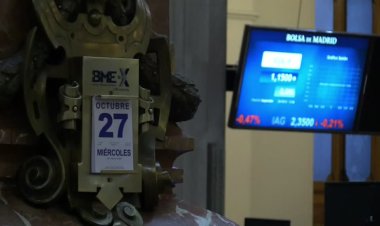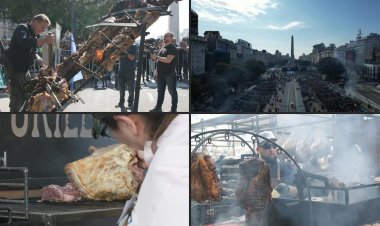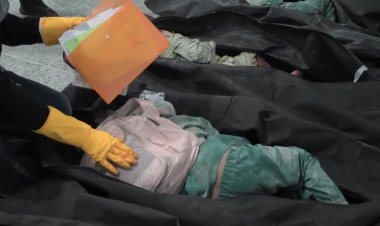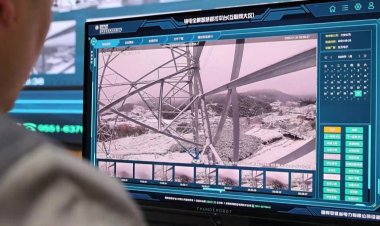Guinea Prosecutors Deliver Closing Arguments in 2009 Massacre Trial
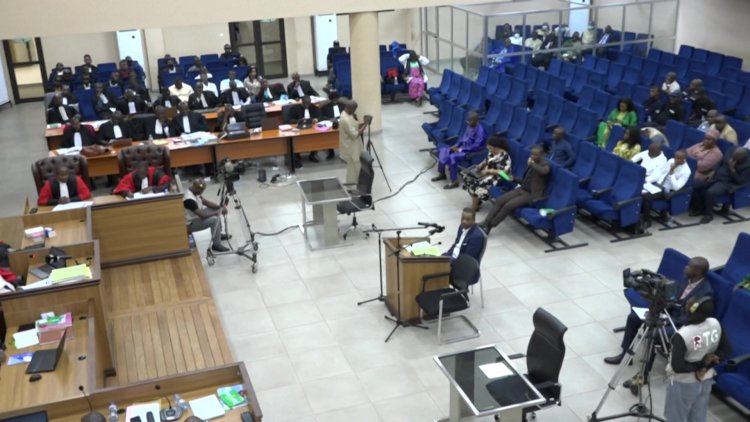
Guinean prosecutors began their long-awaited closing arguments in the trial of former dictator Moussa Dadis Camara and 10 other former military and government officials over a 2009 massacre.
On September 28, 2009, and in the days that followed, members of the presidential guard, soldiers, police and militiamen brutally cracked down on an opposition rally at a stadium in the suburbs of the capital Conakry.
At least 156 people were killed, 109 women were raped and hundreds injured, according to a UN-mandated commission of inquiry, in one of the darkest chapters in the West African nation's history.
The prosecutor and other representatives from the public prosecutor's office could present their arguments to the court for several days before declaring the sentences they are seeking against the defendants.
Deputy prosecutor Abdoulaye Babadi Camara opened the critical juncture in the trial, which began in September 2022, by reiterating its "historic" nature.
He recounted the charges against the 11 men, ranging from murder to sexual violence, kidnappings, arson and looting.
"No Guinean is superior to any other in this country," he added, going on to detail the events of September 28, 2009.
Opposition leaders and thousands of supporters had gathered in a Conakry stadium in a "good-natured" atmosphere of song, dance and prayer, Camara said.
"It was then that the presidential guard, security forces, police and militiamen dressed in civilian clothes burst in, firing in all directions," he continued.
Camara spoke of a "fateful day" which spurred "national and international indignation".
During the trial, prosecutors and lawyers for victims have called for the charges to be reclassified as crimes against humanity.
The defendants have denied responsibility for the crimes.





